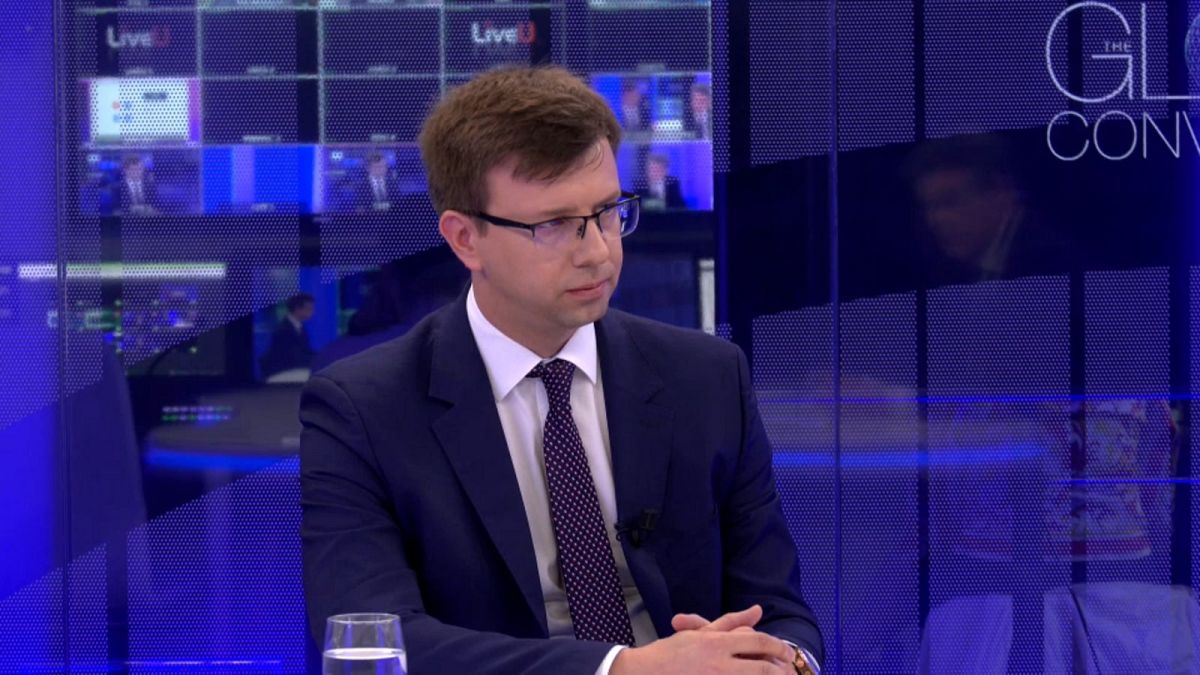Europe needs to maintain a relationship with Moscow to safeguard itself, according to Hungary’s minister for EU affairs, János Bóka. In an interview with Euronews, Bóka emphasized the importance of engaging Russia if the European Union aims to build a sustainable security architecture for the future. He highlighted the need to support Ukraine’s sovereignty while also acknowledging the necessity of diplomatic relations with Russia. This sentiment comes after Hungarian Prime Minister Viktor Orbán’s recent visit to Moscow, which sparked backlash from EU leaders due to the ongoing conflict in Ukraine.
Orbán’s visit to Russia, which he described as a “peace mission”, raised concerns in Brussels, given the timing of Hungary’s EU presidency and the branding associated with the visit. European Council President Charles Michel criticized the trip, stating that Hungary’s rotating presidency does not have the mandate to engage with Russia on behalf of the EU. Despite the criticism, Bóka defended Orbán’s actions, emphasizing the importance of seeking a ceasefire and exploring diplomatic solutions to the conflict in Ukraine. He also highlighted the economic implications of the conflict on the EU as a whole, which Orbán reportedly discussed in a letter to EU leaders.
Hungary’s approach to engaging with Russia has also involved considering China’s role in future peace talks, despite concerns over Beijing’s involvement in supplying restricted items to the Russian military. Bóka explained that Hungary views China as a key actor in potential peace negotiations, signaling a broader diplomatic strategy to address the conflict. Additionally, Orbán’s readiness to address the European Parliament during Hungary’s presidency, under the slogan “Make Europe Great Again”, has faced delays amid controversy over his visit to Russia. However, Bóka downplayed suggestions that Orbán’s exclusion from the Parliament’s inaugural session was politically motivated, attributing it to scheduling issues.
Despite the tensions surrounding Orbán’s trip to Moscow, Bóka remains optimistic about the prospects of cooperation between Hungary, the EU, and other member states. He emphasized the importance of open communication and dialogue to address complex geopolitical challenges, such as the conflict in Ukraine. While Hungary’s engagement with Russia has raised eyebrows in Brussels, Bóka defended the necessity of maintaining diplomatic channels with Moscow to achieve a sustainable security architecture in Europe. As the region grapples with ongoing conflicts and geopolitical tensions, the role of diplomacy and dialogue becomes increasingly crucial in shaping the continent’s future.











